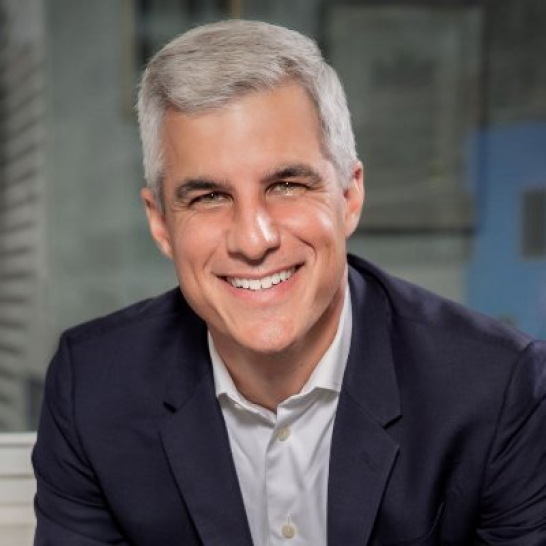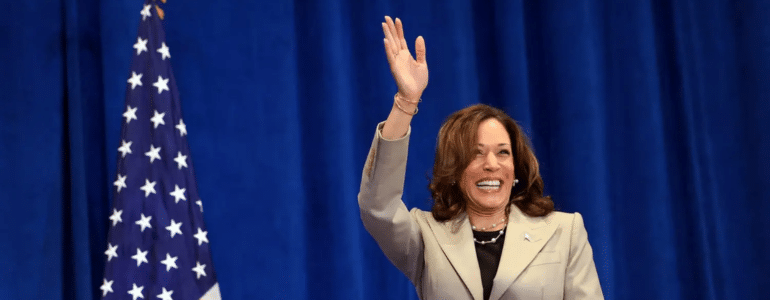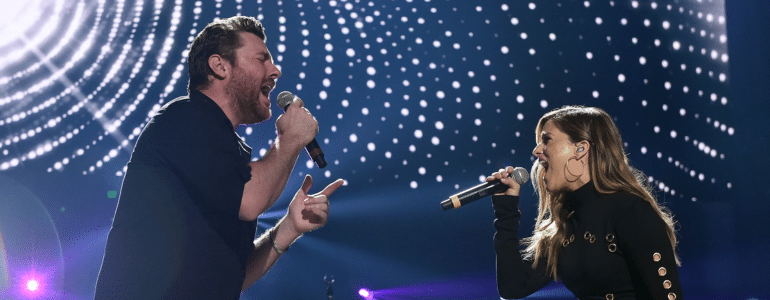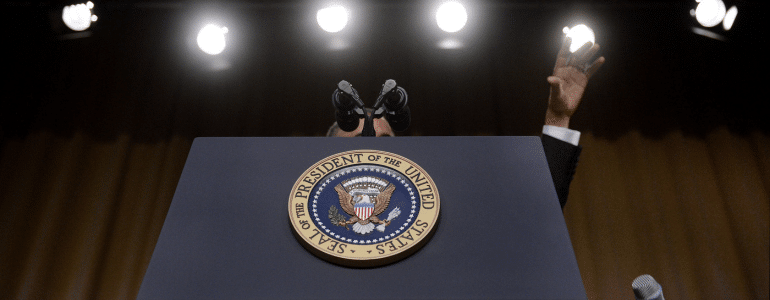What “Talkbacks” Do and What They Don’t Do.
When sales for a show get sluggish, someone around the marketing table will jump up and say, “Let’s do talkbacks!”
It’s a good idea . . . even if it’s used all the time.
There is a subset of the audience of every show that wants the added value of a post-show conversation. And today, added value, and making your show an experience, is essential. It’s one of the ten ways you need to make your show stand out from the others.
But the integral part of your talkback series is about understanding what the value of your “talkback” is . . . and what it isn’t.
I’ve done every different configuration of a talkback you can imagine.
On Godspell, we did “Talkback Tuesdays.” We had celeb host Julie James interviewing a different cast member every Tuesday (duh).
On Oleanna, we did “Take A Side Talkbacks.” We got scholars, politicians and more to moderate a conversation about the issues in the play. (Until David Mamet shut them down, that is – something he now prohibits on all his plays.)
And recently, on A Beautiful Noise, we added content in the form of a conversation after EVERY performance called, “The Making of A Beautiful Noise: The Neil Diamond Musical.” We tell the story of Neil wanting his story told as a musical, to opening night and beyond.
There are three things that each of these three talkbacks, and all of the talkbacks I’ve done, have in common:
- A portion of the audience always stays.
- The audience that stays for them, loves them.
- People don’t buy tickets BECAUSE of them.
I’ve never seen a show sell better with a talkback than without. There are a too many other factors that go into when an audience member decides on a date to see the show. And unless you’ve got a massive star delivering some major content, you won’t see an uptick in ticket sales because you have a talkback.
So why do them?
Because talkbacks are one of the best ways you can find your most avid audience members. Your promoters. Your ambassadors. Your return customers.
And they are the most important people in your word-of-mouth arsenal.
(On A Beautiful Noise we get 10% of our audience sticking around – that’s around 1,000 true fans a week!)
These are your biggest fans. The ones most likely to spread word-of-mouth. Which means they are most likely to sell tickets.
(Oh and if you’ve got an emerging show . . . at a festival, off-off Broadway or even Off Broadway . . . I’d bet you money that there are investors in that talkback audience too. I know that’s where I found several of my investors for my early shows.)
Finding out who your biggest word-of-mouth advocates are is the greatest reason to do talkbacks. In an industry where we rarely get to talk to our customers, this is an opportunity for you to talk to your best customers.
And the conversation alone will excite them even more about your show . . . and get them even more likely to promote it. (And you’ll be able to deliver the exact language and messaging you want them to use when they promote it.)
So how do you best harness the power of your talkbacks? Here are a few of my best practices that have worked (and are working right now on A Beautiful Noise):
- Have talkbacks at every performance. Since people aren’t buying tickets for a show because there’s a talkback, make sure you have that talkback “net” to catch your best customers at every show.
- Call them something. And if you can, avoid the word “Talkback.” It’s overused now. Who wants people talking back to them anyway? 🙂
- [IMPORTANT] Have a way to collect their information. Fishbowl drop. QR signup. Pass a clipboard. Get their email, cell phone number, something. Without their info, these important advocates will disappear into the audience ether as quickly as they appeared.
- Give the attendees something. A free piece of merch. A special discount. Membership in a cool customer club. Make them feel special. Because they are.
- Follow up with them. They came. Now communicate with them. First up? Thank them for being who they are . . . a VIP customer who you value.
Talkbacks are not short-term sales initiatives. But they could be one of the best long-term word-of-mouth motivators we we have. Adjust your expectations on what a talkback can do for your show, implement a contact collection and follow-up system, and you could find that it is even more powerful that you first imagined.
And not just for this show. But for your next one, too.
Because once you’ve got that contact info . . . 🙂
As an audience member, do you like talkbacks? What do you want from them? Tell me in the comments of this post.
– – – – –
Want more strategies like this for your show? Click here to learn how to get them, tailor made just for you.
Podcasting
Ken created one of the first Broadway podcasts, recording over 250 episodes over 7 years. It features interviews with A-listers in the theater about how they “made it”, including 2 Pulitzer Prize Winners, 7 Academy Award Winners and 76 Tony Award winners. Notable guests include Pasek & Paul, Kenny Leon, Lynn Ahrens and more.















